Keywords: Newcastle University
-
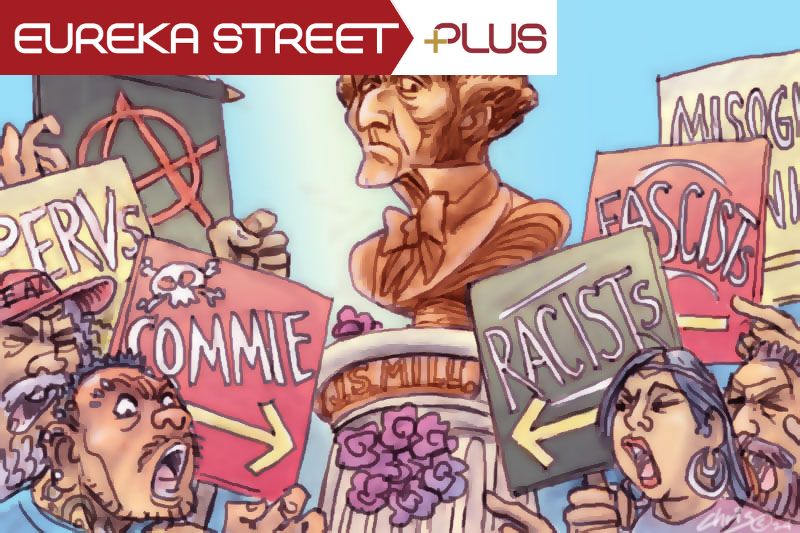
AUSTRALIA
- Russell Blackford
- 09 August 2024
2 Comments
Once the backbone of Western democracy, the philosophy championing free speech, tolerance, and civil political discourse is often reviled by those on both the Left and Right. In our desire for justice and meaning, is there a need to rediscover the principles that have long fostered human flourishing?
READ MORE 
-

RELIGION
- John Warhurst
- 29 May 2024
29 Comments
We are now witnessing a changed dynamic within the movement for church reform. The balance within its component parts has changed towards a more pessimistic view. A minority is still hopeful; a few even remain optimistic, but most are struggling.
READ MORE
-
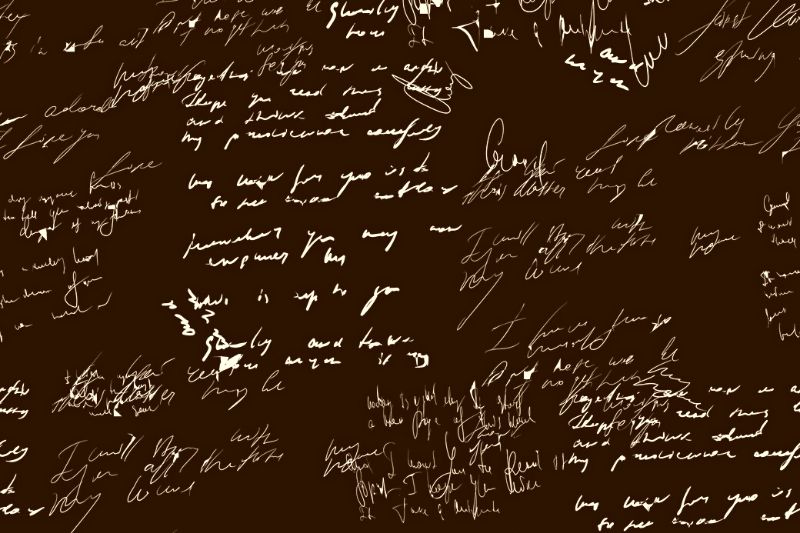
ARTS AND CULTURE
- Warwick McFadyen
- 04 October 2023
2 Comments
Some people pray in church, some pray alone, some share their prayer through song, and others use poems as prayer. Each carries its own line of faith that they believe unites them with something outside themselves. This union is reached through words written and words said.
READ MORE
-

RELIGION
- David Halliday
- 17 March 2023
8 Comments
Over 17,000 women worldwide have called for Church reform in a newly published survey by Catholic Women Speak Network. Respondents from 104 countries expressed dissatisfaction with a lack of transparency in governance and voiced the need to be seen, heard and valued.
READ MORE 
-
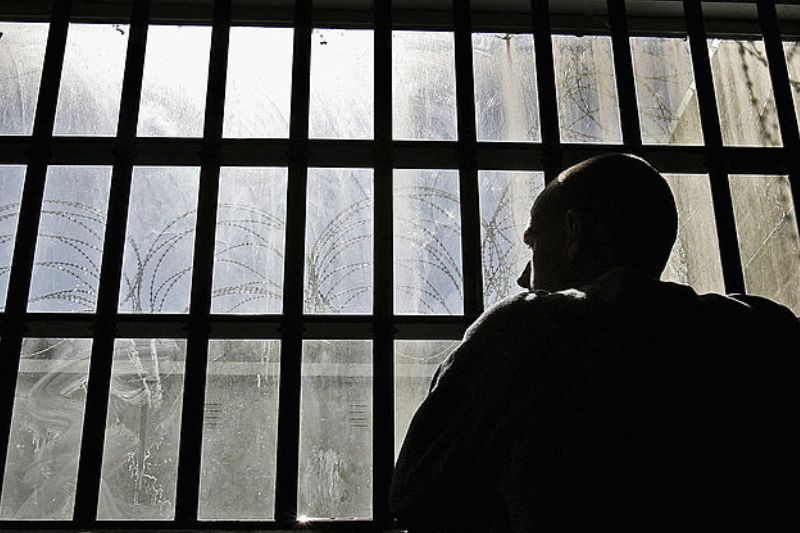
AUSTRALIA
- Damien Linnane
- 27 July 2022
Two months into a 10-month prison sentence, I was placed in solitary confinement after having a nervous breakdown. I’d originally made a fruitless attempt to keep my breakdown to myself, because I’d been told what would happen if Corrective Services found out I was having mental health issues. One of the first friends I made in prison, like many of the inmates, was suicidal. ‘The best advice I can give you if you’re struggling with your mental health’, he told me, ‘is to do everything you can to keep it from the officers.’
READ MORE 
-

RELIGION
- Tracy McEwan, Patricia Gemmell
- 06 October 2021
15 Comments
Annabel Crabb’s ABC TV documentary series Ms Represented had us gasping, laughing and raging all at once. The series struck an achingly familiar chord as women from different political parties and generations voiced their common experience of sexism and misogyny in Australia’s parliament, elucidating just how hard it is for women to have a voice at the table in Australian institutions of power.
READ MORE 
-

RELIGION
One might submit that a Plenary Council is a cumbersome instrument to ascertain the genuinely representative views of the Catholic Church in Australia. Many of the canonical strictures regarding the membership, agenda and process of the Council will dampen the original enthusiasm for the Council that provoked over 17,500 submissions.
READ MORE 
-
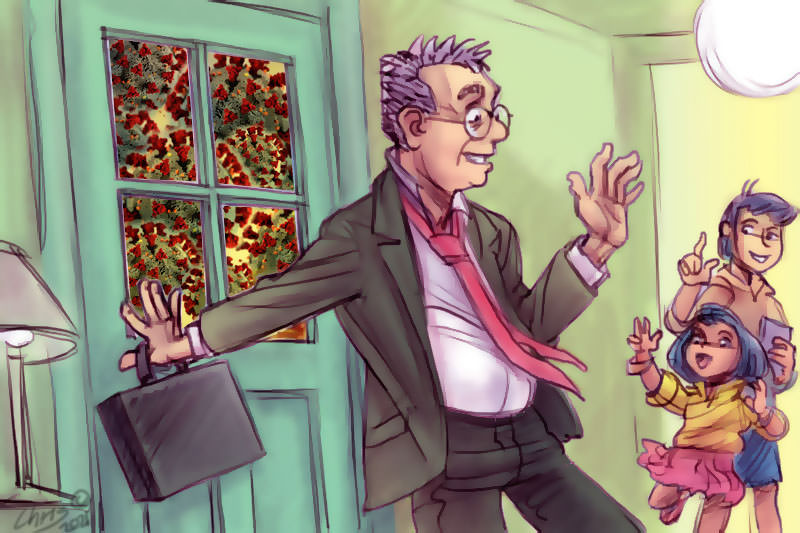
ARTS AND CULTURE
- Mike Kelly
- 21 January 2021
39 Comments
Men, it seems, have been looking for more opportunities to spend time with family. Research on young fathers, conducted by the Diversity Council of Australia a few years ago, reported that 79 per cent of new generation dads wanted the flexibility to improve their work and family life. For all its downsides, 2020 provided the opportunities.
READ MORE 
-

RELIGION
- John Warhurst
- 05 November 2020
67 Comments
There is a good reason why the term Australian Catholic Church is frowned upon in official circles. It does not exist. Instead, it is a patchwork quilt of fiefdoms called dioceses. It lacks an energising central authority which, when it needs to, can generate and shape a national church response.
READ MORE 
-
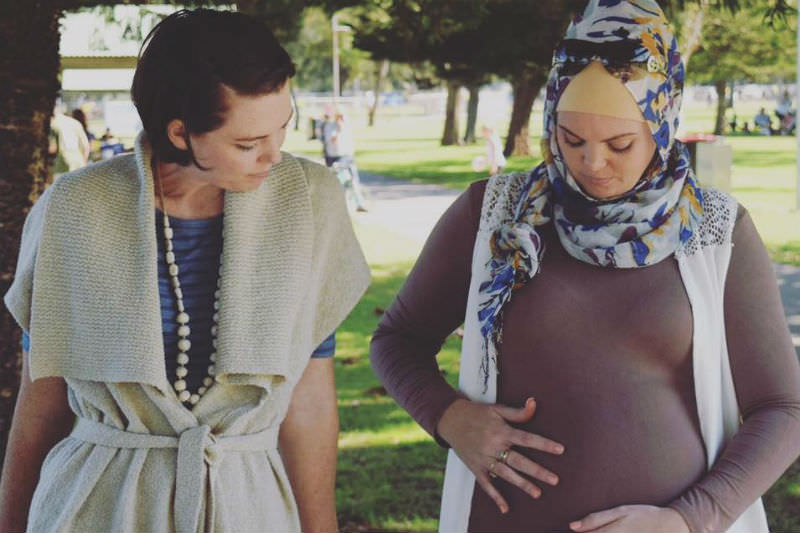
AUSTRALIA
While we now lived in a less ethnically diverse region, our working-class, Indigenous Australian family grew more diverse. I was 12 when my sister Jay began to express an interest in Islam. That Christmas it was decided that to be more inclusive of her faith, the leg of ham would be taken off of the lunch menu. I raged against this decision.
READ MORE 
-
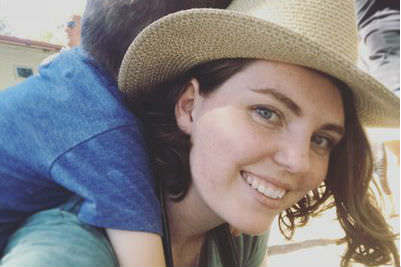
MARGARET DOOLEY AWARD
We are thrilled to announce that Amy Thunig is the recipient of the 2018 Margaret Dooley Emerging Indigenous Writers Fellowship. Amy is a Kamilaroi woman and a researcher at the University of Newcastle. We can't wait to present her writing to you over the coming year!
READ MORE 
-

RELIGION
- Bill Wright
- 06 March 2017
4 Comments
Speaking of reform in the church can mean many things. Often it's about practical matters: sorting out the Vatican Bank, changing how bishops are chosen or clergy trained; that sort of thing. Occasionally, however, reform is about seeking real religious change. Martin Luther, I want to suggest, is one of those reformers who was not concerned with tinkering with structures of the church but with reforming the Christian message so that it might reform the believer.
READ MORE